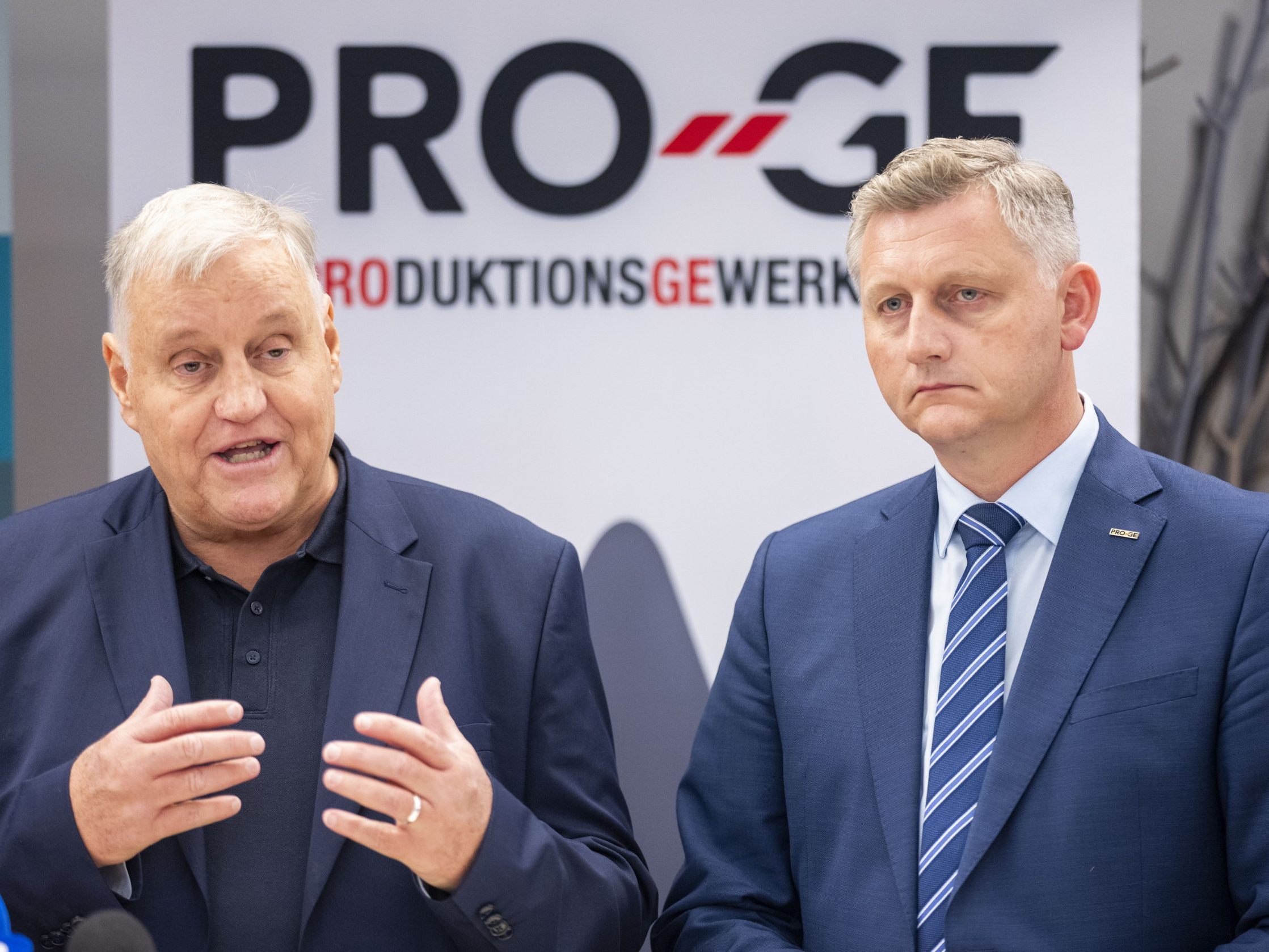Kick-off for Spring Wage Negotiations on Wednesday

Next Wednesday, the spring wage round will begin, initiated by the paper industry with its 8,000 employees, followed by the electrical and electronics industry with 60,000 employees on Friday. The starting point is a rolling inflation rate of an expected 2.8 percent. The unions PRO-GE and GPA are aiming for a permanent income increase, as they emphasized once again on Friday. They clearly rejected zero wage rounds.
Glass Industry at the End
"Zero wage rounds do not save the economic location. On the contrary, a functioning economy needs people who have enough money to buy products and consume services," said chief negotiators Reinhold Binder (PRO-GE) and Karl Dürtscher (GPA) in a statement. After the paper and electrical industries, the 50,000 employees of the chemical industry will enter their collective agreement round a week later, with the glass industry concluding on May 20 with 7,000 employees.
There will be no negotiations this year for the approximately 7,500 employees of the textile industry, as the increase for 2025 was also agreed upon last year. The collectively agreed minimum wages/base salaries and the actual wages or actual salaries will be increased by the rolling inflation rate (March 2024 to February 2025) plus 0.3 percent as of April 1. The new minimum wage will be raised to over 2,000 euros gross.
Compromise for Bus Drivers
Although the spring wage round is just beginning, there have already been some agreements since the beginning of the year. It was particularly bumpy for the bus drivers, where five rounds of negotiations were necessary to reach an agreement. The compromise provides for a real wage increase of 3.6 percent retroactively from January 1 for this year for the 12,000 employees at private bus companies. From January 2026, wages are to be adjusted again by the average inflation plus a real wage increase.
(APA/Red)
This article has been automatically translated, read the original article here.





